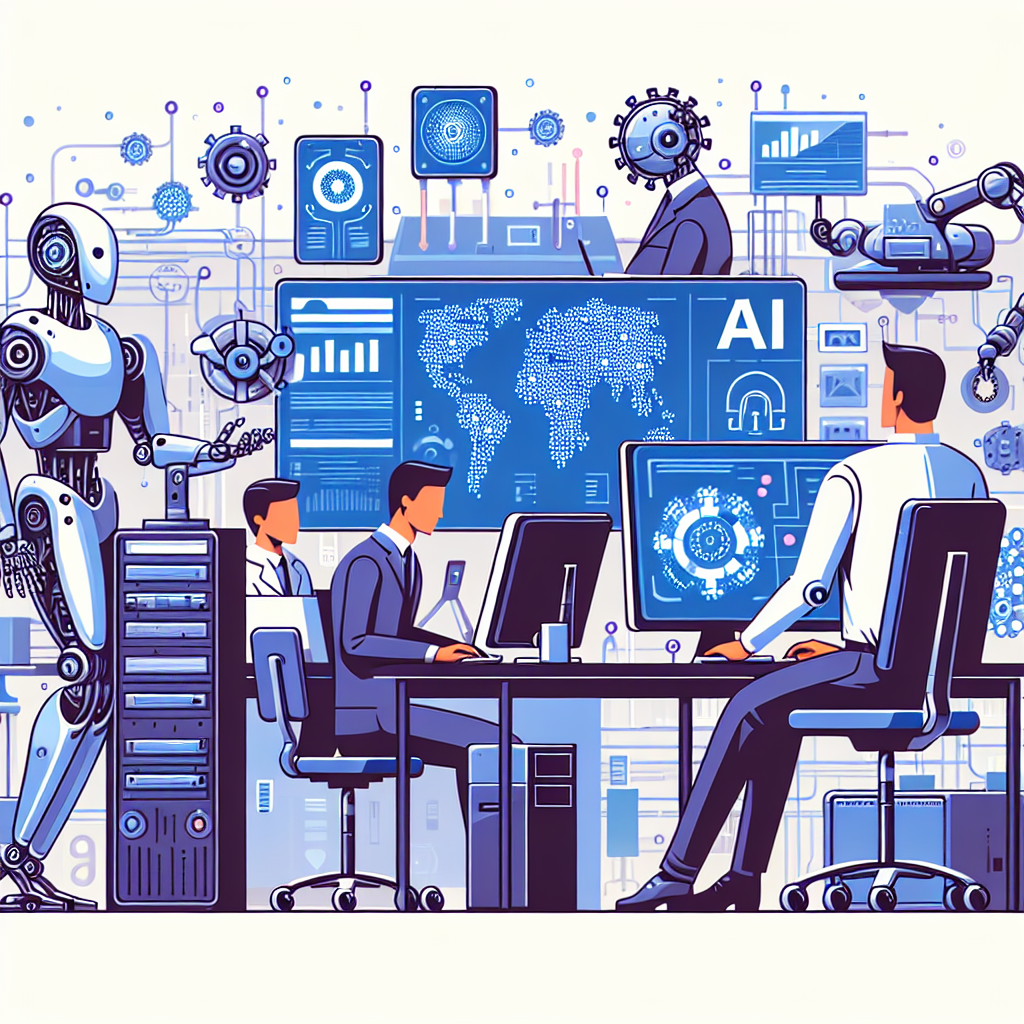The future of work is rapidly changing as technology continues to advance at an unprecedented rate. Automation, artificial intelligence (AI), and outsourcing are all playing a significant role in reshaping the way we work. These technologies are not only impacting the way businesses operate but also how individuals approach their careers.
AI outsourcing and automation are two key trends that are expected to have a profound impact on the future of work. Companies are increasingly turning to AI and automation to streamline their operations, reduce costs, and improve efficiency. At the same time, outsourcing is becoming more common as businesses look to leverage the expertise and resources of external providers.
AI outsourcing involves the use of AI technologies to outsource tasks that would traditionally be performed by humans. This can include anything from data entry and customer service to data analysis and marketing. By using AI to automate these tasks, companies can save time and money while improving accuracy and efficiency.
Automation, on the other hand, involves the use of technology to perform tasks that would typically require human intervention. This can include anything from manufacturing and assembly to data processing and analysis. Automation is particularly well-suited to repetitive, routine tasks that can be easily standardized and optimized.
The rise of AI outsourcing and automation has led to concerns about the impact on jobs. Many fear that these technologies will lead to widespread job loss as tasks are increasingly automated and outsourced. While it is true that some jobs may be at risk, the reality is that AI and automation are also creating new opportunities for workers.
For example, AI and automation can help workers focus on higher-level, more strategic tasks that require human judgment and creativity. By freeing up time spent on repetitive tasks, workers can spend more time on tasks that add value to their organizations. Additionally, AI and automation are creating new job opportunities in fields such as data science, machine learning, and AI development.
Despite the potential benefits of AI outsourcing and automation, there are also challenges that must be addressed. For example, companies must ensure that they have the right infrastructure and training in place to effectively implement these technologies. Additionally, there are ethical considerations to take into account, such as ensuring that AI is used responsibly and ethically.
FAQs:
Q: Will AI and automation lead to widespread job loss?
A: While some jobs may be at risk, AI and automation are also creating new job opportunities in fields such as data science, machine learning, and AI development.
Q: How can companies prepare for the future of work?
A: Companies can prepare for the future of work by investing in training and development programs, implementing AI and automation technologies, and adapting their business models to take advantage of these technologies.
Q: What are some of the ethical considerations surrounding AI and automation?
A: Ethical considerations surrounding AI and automation include ensuring that these technologies are used responsibly, transparently, and ethically, and that they do not perpetuate bias or discrimination.
In conclusion, the future of work is being shaped by AI outsourcing and automation. While these technologies are creating new opportunities for workers and businesses, they also present challenges that must be addressed. By embracing these technologies responsibly and ethically, companies can position themselves for success in the rapidly evolving digital economy.

